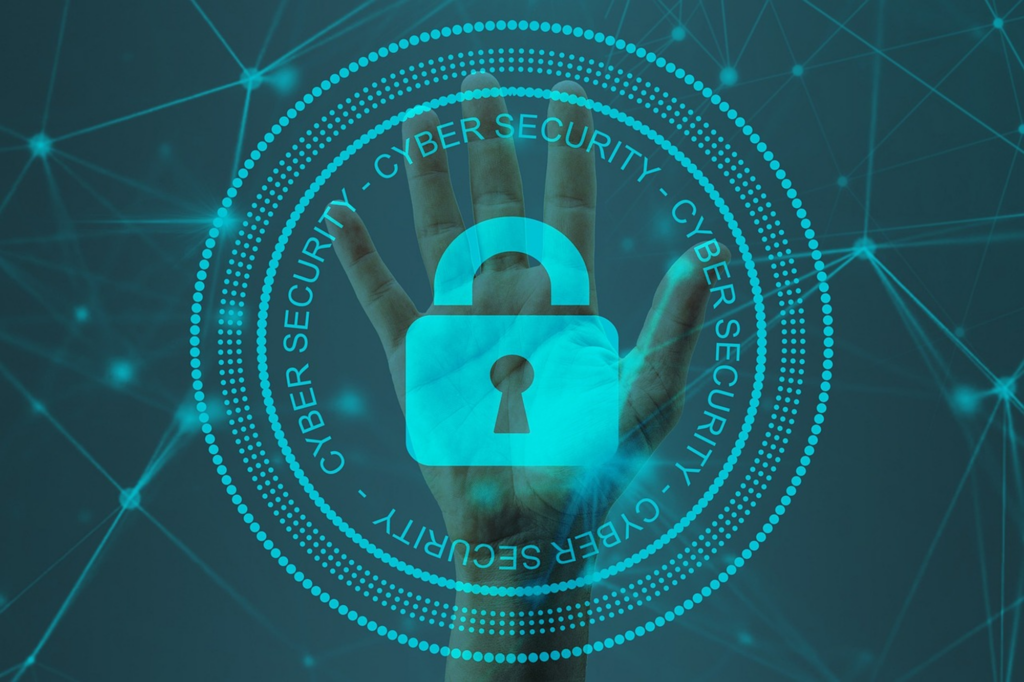In our digital age, businesses face a new kind of challenge, cyber threats. The risks are significant. Hackers try to steal sensitive data. Malicious software can cripple entire systems.
This blog post is designed for aiming to understand the basics of cybersecurity and its importance. By the end of this article, you’ll know how to spot potential cyber threats and what steps to take to protect a business.
Why Cybersecurity is Important
Cybersecurity protects computer systems, networks, and data from digital attacks.
The Digital Revolution
The world has rapidly moved online. Almost every business uses the Internet for operations.
This includes sending emails and handling customer transactions. While this shift offers many advantages, it also opens doors to cyber threats.
What Are Cyber Threats?
Cyber threats include various malicious activities like hacking, phishing, and spreading viruses. These actions are aimed at stealing or damaging data.
Real-World Consequences
Businesses that fall victim to cyber threats can lose money, sensitive information, and even their reputation. Some companies may even shut down because of these attacks. Understanding cybersecurity is essential to prevent such scenarios.
Common Types of Cyber Threats
Here are some of the most common cyber threats to be aware of:
Hacking
Hacking is when someone gains unauthorized access to a computer system. Hackers can steal sensitive information or cause significant harm by manipulating systems.
Phishing
Phishing tricks people into giving up personal info, like passwords and credit card numbers. Typically, this is done through fake emails that look real but are designed to deceive.
Malware
Malware is malicious software intended to damage or disable computers. It includes viruses, worms, trojans, and spyware. These programs can corrupt files or steal information without you even knowing.
The Role of Cybersecurity Professionals
Businesses rely on cybersecurity professionals to protect their systems from cyber threats. These experts use firewalls, encryption, and updates to keep businesses safe. Additionally, A robust cyber security dashboard can help monitor vulnerabilities and provide real-time insights into potential security risks.
Who Are They?
Cybersecurity professionals are like the digital superheroes of the business world. They design, implement, and monitor security measures to protect systems from attacks.
Skills and Training
To become a cybersecurity expert, you need a strong understanding of computer systems and networks. Many professionals have started learning about cybersecurity in school. They gain practical experience through internships.
Career Opportunities
There’s a growing demand for cybersecurity experts. Businesses need skilled professionals to safeguard their data. This field offers numerous career opportunities with good pay and job security.
How to Recognize Cyber Threats
Now that you know why cybersecurity is important let’s discuss how to recognize cyber threats.

Here are some warning signs to watch out for:
Suspicious Emails
One common sign of a cyber threat is receiving suspicious emails. These emails might ask for personal information or contain links to malicious websites.
Unexpected Pop-ups
Pop-up messages that appear out of nowhere can be a sign of malware. Avoid clicking on these pop-ups and make sure your computer has updated antivirus software.
Slow System Performance
If your computer suddenly becomes very slow, it could be infected with malware. Run a full system scan using reliable antivirus software to check for any issues.
Steps to Protect Your Business
Now that you know how to recognize cyber threats, you can take steps to protect your business. A robust cyber security dashboard can give you a complete overview of risks, but here are a few more specific tips:
Use Strong Passwords
Always use strong, unique passwords for different accounts. A strong password includes a mix of letters, numbers, and special characters. Avoid using easily guessable information like your name or birthdate.
Enable Two-Factor Authentication
Two-factor authentication adds an extra layer of security. It requires not only a password but also a second form of verification.
Keep Software Updated
Regularly updating your software ensures that you have the latest security patches. These updates fix vulnerabilities that hackers could exploit.
The Importance of Firewalls
A firewall is a network security system that monitors and controls incoming and outgoing traffic. It acts as a barrier between the Internet and your business’s internal network.
What is a Firewall?
A firewall acts as a barrier between your computer and the internet. It monitors incoming and outgoing traffic and blocks any suspicious activity.
How it Works
Firewalls use a set of rules to determine which traffic is allowed and which is not. They can be hardware-based or software-based, offering different levels of protection.
Benefits for Businesses
For businesses, firewalls are crucial for protecting sensitive information. They help prevent unauthorized access and reduce the risk of data breaches.
Educating Employees on Cybersecurity
One of the best ways to protect a business from cyber threats is by educating employees about cybersecurity.
Training Programs
Businesses should invest in cybersecurity training programs for their employees.

These programs teach staff how to recognize threats and what steps to take in case of an attack.
Regular Updates
Cyber threats are constantly evolving. Regular updates and refresher courses keep employees informed of the latest security measures.
The Role of Antivirus Software
Antivirus software is a crucial tool in protecting against cyber threats. It scans for, detects, and removes any malicious programs that may be present on a computer.
What is Antivirus Software?
Antivirus software is designed to detect and remove malicious software from your computer. It scans files and programs for known threats and helps keep your system safe.
Regular Scans
Running regular scans with antivirus software can catch and eliminate threats before they cause harm. Make sure your antivirus software is always up-to-date.
Choosing the Right Software
There are many antivirus programs available. Choose one that offers comprehensive protection and has good reviews from other users.
The Future of Cybersecurity
With technology constantly advancing, the future of threat detection tools is ever-evolving. As hackers become more sophisticated, so do security measures.
AI and Machine Learning
For data breach prevention, artificial Intelligence (AI) and machine learning are transforming cybersecurity. These technologies can analyze vast amounts of data to identify patterns and detect threats faster than humans.
Quantum Computing
Quantum computing has the potential to revolutionize cybersecurity. While it’s still in its early stages, it promises to offer unprecedented levels of security.
Cybersecurity in Columbus, Ohio, is becoming increasingly vital as local businesses expand their online presence and face rising cyber threats.
Understanding the Cyber Threat Management
Cybersecurity is more critical than ever in our digital world. For young minds aspiring to become digital defenders, understanding the basics of cyber threat management is the first step.
By recognizing threats and implementing security measures, we can protect businesses and ensure a safer online environment. Keep learning, stay vigilant, and consider exploring a career in cybersecurity.
For more helpful tips, check out the rest of our site today.


